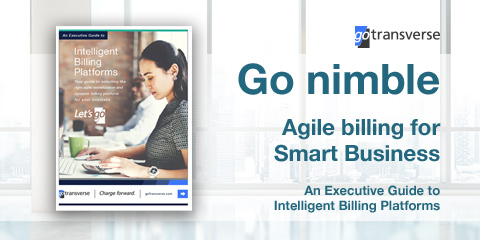The Hype and Hope of Cognitive Computing
By: Tim Young
 Artificial Intelligence is in that charming gray area between science fiction and reality.
Artificial Intelligence is in that charming gray area between science fiction and reality.
There are the very real technologies under the AI umbrella that are gaining traction, of course. Still in the middle of its hype cycle, with some fatigue setting in, it won't be long before the long-term potential benefits can be observed and quantified. Watson, for example, is in the midst of a barrage of criticism for being overhyped and outgunned, despite being the most mature AI offering on the market. But in the big data arena alone, the potential that cognitive computing models represent is enormous and poised to grow at staggering rates. Where's the hype end and the potential begin?
A recent survey conducted by InfoSys of 1,070 respondents, including a subset of CSPs, demonstrates significant faith in the promise of AI. Ninety-six percent of respondents believe pervasive automation is the key to digital transformation, and 98% of those who used AI-supported activities said those efforts increased organizational revenue. Among CSPs who want to adopt AI in the next 12 months, 71percent say AI will provide human-like customer support, 56 percent want AI to process complex data (both structured and unstructured) and automate decisions, and 49 percent want AI to create a decision-making system that learns from humans and improves itself.
Accenture Research and Frontier Economics published a report a few months ago that AI will increase economic growth by an average of 1.7 percent across 16 industries — 4.8 percent for the information and communications industry — by 2035. It has the potential to boost profitability an average of 38 percent by that same year, and could potentially lead to an economic stimulus of more than $14 trillion across 16 industries in 12 economies.
Companies large and small are buying in. Telenor, for example, recently announced a new lab dedicated to AI research, working in partnership with the Norwegian University of Science and Technology (NTNU) and research organization SINTEF. The research center has the lofty goal of “strengthen[ing] national competitiveness and add[ing] valuable, future-proof competencies to the Norwegian society.”
Those involved with the lab freely admit that every aspect of the technology and its associated business models are not well-mapped, but they consider this wide-open set of possibilities to be a feature rather than a bug. “Artificial intelligence is an area where Norway can take a position internationally while simultaneously developing services to the benefit of Norwegian society,” said Gunnar Bovim, rector at NTNU, in a statement. “The most important aspect of the Telenor-NTNU AI-Lab is that we’re now creating the foundation of knowledge for something we don’t yet know what is.”





















